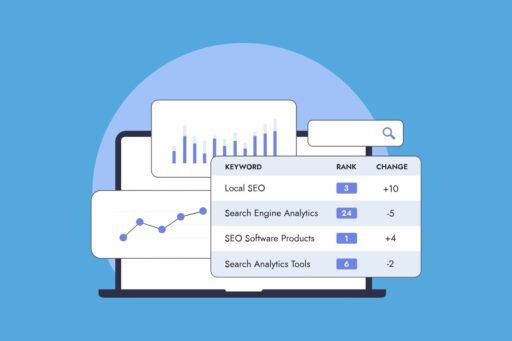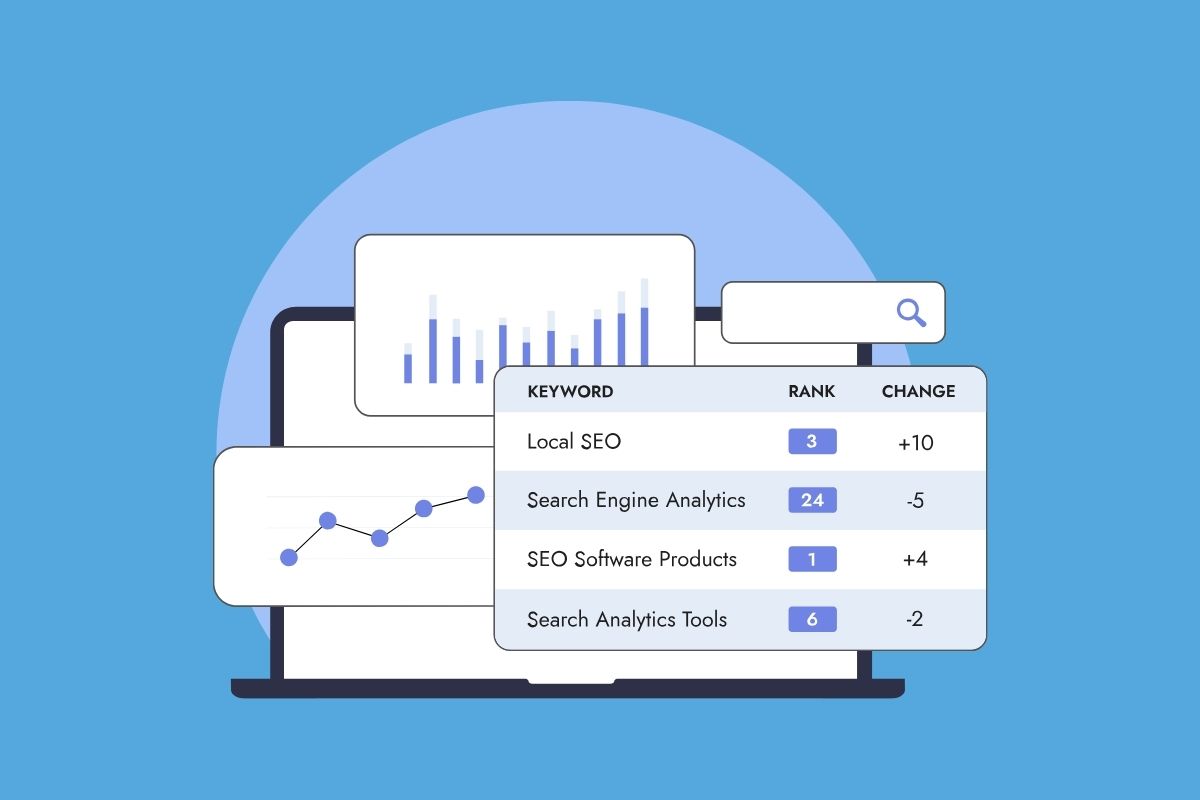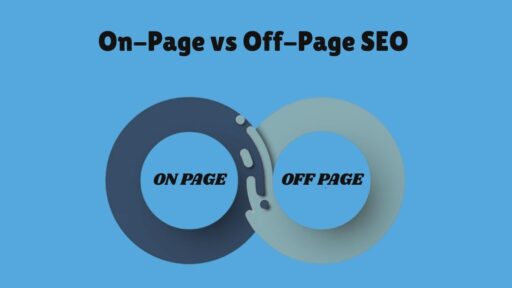Want to improve your SEO strategy? Then understanding different types of keywords is essential. Each one plays a different role – some attract visitors who are just browsing, while others bring in ready-to-buy customers. Certain keywords can even help your site rank for multiple searches at once. Using the right one can make a real impact on your website rankings and traffic.
10 Different Types of Keywords
Let’s break down the 10 main types of organic keywords every SEO expert should know.
1. Seed Keywords
Seed keywords act as the foundation of keyword research. They are the starting words or phrases that help generate more keyword ideas.
Think of them as the first step. Before finding high-quality keywords, you need a solid base to build from.
For example you search “SEO” in a keyword research tool like Google Keyword Planner. That single word can generate millions of related keyword ideas. You might also browse a competitor’s site and find a blog on “10 Best SEO Companies in Pakistan”. That phrase could serve as a seed keyword, helping you discover related search terms people are actively looking for.
And there are several ways to identify strong seed keywords:
- Checking out competitors’ keywords
- Exploring website navigation menus
- Noticing how people talk on social media
- Observing common phrases on social media
2. Informational Keywords
These are the keywords people use when they want to learn something. They ask questions, look for explanations, or need step-by-step guides.
If you’re targeting these, your content should focus on answering questions, breaking things down clearly, and helping people understand a topic.
Common Examples:
- How to
- What is
- Why does
- Guide to
- Best ways to
Think about it like when someone searches “What is SEO?”, they’re not looking to hire an SEO agency. They just want to understand what it means. Search results for this type of query often include definitions, followed by a “People Also Ask” section with related questions.
3. Commercial Keywords
Commercial keywords are the phrases people use when they’re almost ready to buy something. They’ve done some research, and now they just need that final push – maybe a review, a comparison, or a list of top choices.
These searches often include words like:
- Best
- Top
- Review
- Compare
- vs
- Premium
Now, what’s the difference between commercial and informational keywords? Intent.
Someone searching “what is SEO” just wants to learn. But someone looking up “best SEO company in Pakistan” is closer to signing up for your service.
4. Transactional Keywords
These are the searches people make when they’re ready to buy – no more research, no more comparisons, just action. They know what they want. Now, they’re looking for the best place to get it.
Common phrases in transactional keywords:
- Buy now
- Purchase
- Order
- Shop
- Discount
- Free shipping
Ever notice how these searches pull up shopping results and ads at the top of Google? That’s because they have high commercial intent – these users aren’t just looking. They’re ready to spend.
5. Navigational Keywords
These are the searches people make when they already know exactly where they want to go. They’re not looking for options—they’re trying to find a specific website or page.
Common phrases in navigational keywords:
- Brand names (Nike, Amazon)
- Website names (Facebook, YouTube)
- Specific page types (login, contact, support)
If someone searches “Google Keyword Planner Login Page,” they’re not looking for alternatives. They just need the fastest way to get to that page. That’s why navigational searches often show the official site as the top result.
6. Long-Tail Keywords
These are longer, more specific search phrases – usually three or more words – that target a focused audience. Instead of “SEO tools,” someone might search for “best free SEO tools for keyword research.”
Moreover, they have less competition than broad terms and attract users who are further along in the buying process.
Examples of Long-Tail Keywords for SEO
- Best free SEO tools for beginners
- Best keyword research strategies for small businesses
- Local SEO tips for real estate websites
Check your Google Search Console data for long-tail keywords you already rank for on page 2 or 3. A little optimization could push them to page 1 for an easy win.
7. Short-Tail Keywords
These are short, broad search terms – usually 1 to 3 words long. They have high search volume but also intense competition and low conversion rates.
Think of them as the opposite of long-tail keywords:
- Short-tail: SEO tools
- long-tail: best free seo tools for keyword research in 2025
Examples of short-tail keywords:
- SEO strategy
- Keyword research
- Backlink building
- Technical SEO
- Google ranking factors
Since these keywords are highly competitive, new websites often struggle to rank. So, targeting long-tail variations can be a smarter approach.
8. Primary Keywords
Your primary keyword is the main focus of your page, the term you want to rank for. Everything in your content builds around it.
Here’s how it works:
If you’re writing a guide on technical SEO. Your primary keyword could be “technical SEO checklist.” You’d place it in:
- Title: The Complete Technical SEO Checklist
- H1: A Step-by-Step Technical SEO Checklist
URL: /technical-seo-checklist/ - Image alt text: technical-seo-checklist.png
But here’s the thing: Don’t force it everywhere. Google cares more about topic depth than keyword stuffing.
Examples of primary keywords:
- SEO ranking factors
- Best keyword research tools
- How to optimize a website for SEO
- On-page SEO techniques
- Guide to building backlinks
When placed naturally, your primary keyword helps Google and users understand your page, ultimately improving your SEO rankings.
9. Secondary Keywords
Secondary keywords are related terms that support your primary keyword. They help expand your content, improve rankings, and answer more search queries.
Example:
If your primary keyword is “technical SEO checklist,” your secondary keywords could be:
- Best free technical SEO tools
- How to audit a website for technical SEO
- Technical SEO best practices for 2024
Secondary keywords help you to over related questions, rank for more searches, and show Google that your content is comprehensive.
10. Geo Targeted Keywords
Geo Targeted keywords (or local keywords) help you reach users in specific locations. They typically include city names or “near me” searches.
Two Types of Geo Targeted Keywords:
- Location-Specific Terms:
- Best SEO agencies in Karachi
- SEO consultant in Lahore
- Top digital marketing firms in Islamabad
- “Near Me” Searches:
- SEO services near me
- Best website audit company near me
- SEO expert near me
Using geo-targeted keywords is really important for local SEO, especially for businesses that serve specific regions.
Conclusion
Understanding different types of keywords is essential for a strong SEO strategy. Each keyword type – whether it’s primary, secondary, long-tail, or geo targeted – plays an important role in attracting the right audience and improving search rankings. By using them strategically, you can increase visibility, drive targeted traffic, and create content that both users and search engines love.
FAQs
-
Are short-tail keywords better than long-tail keywords?
Short-tail keywords get more searches, but long-tail ones bring in more targeted visitors who are ready to take action.
-
How do I find the best geo-targeted keywords?
Use keyword tools and check local search trends to find keywords people use in your area.
-
Can I target the same keyword on multiple pages?
Avoid keyword cannibalization, each page should target unique keywords to prevent competition within your own site.
-
How often should I update my keyword strategy?
SEO trends change all the time, so it’s smart to check in regularly and adjust based on new trends and data.







